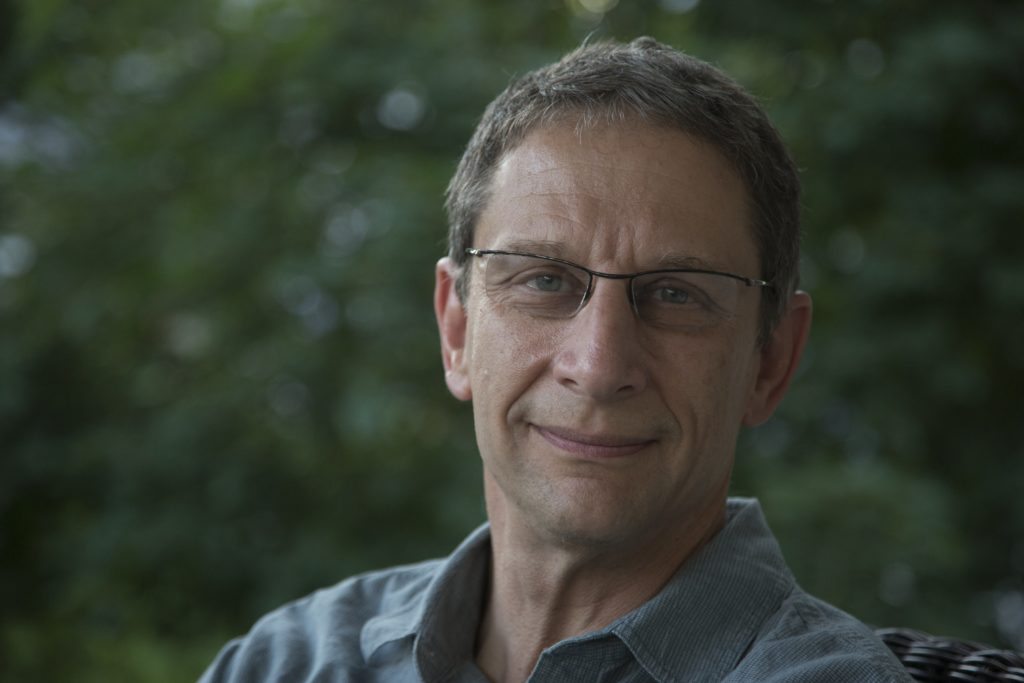When I think of the hundreds of writers I have coached over the years, the best ones impressed me with their intellect and creativity. But what stands out most are not these strengths, important as they may be. Instead, it’s their attitude that makes them special in my eyes.
Three decades of working with writers and editors have convinced me that attitude—a way of thinking that is reflected in a person’s behavior matters more than talent.
“Most people place an undue emphasis on talent,” influential designer Milton Glaser said. “I don’t doubt that it exists, but talent is essentially a potential for something. The issue is really not talent as an independent element, but talent in relationship to will, desire and persistence. Talent without these things vanishes and even modest talent with those characteristics grows.”
Talent may open the door, but attitude gets you inside the room. And as legendary coach Lou Holtz said, “The attitude we choose is by far the most important one we make every day.”
A good attitude can pay off. That was the case for David Maraniss when he was writing investigations and series at The Washington Post. When news broke, he was one of the first to pitch in. “Even if I’m doing a series,” he once told me, “I say, ‘Look, if you guys need me, I’d be happy to do something.’ I try to be in a position to say yes, and I try to volunteer so that I can have enormous freedom the rest of the time.
“I find that so many reporters keep banging away at their editors and having frustrating confrontations about what they have to do or don’t have to do. I’ve always found it much more effective to do what I want to do by doing some things for them.
“I like newspapers, and I love to write on deadline. And so I volunteer. But one of the reasons I do that is so that there’s a fair exchange, where they know that I’m always around when they need me, and then in return, I get a lot of freedom the rest of the time to do what I want to do.” Maraniss has gone on to write a string of best-selling critically acclaimed books.
Writing is a craft. It relies on a set of skills: the ability to generate ideas, excellence in reporting and researching, writing and revision (and more revision), understanding structure, and facility with language, syntax and style. Mastery requires years of study, work and, above all, patience. Malcolm Gladwell famously estimated that achieving mastery in many fields requires 10,000 hours of work. True or not, there’s no doubt that becoming a good writer takes an enormous expenditure of time and effort. Without the right attitude and the willingness to do that work, the chances of success are slim to none.
In a field where so much — success and rejection for starters — is out of the writer’s hands, attitude is the one thing that we can control. We can decide whether to procrastinate or write every day no matter how uninspired we feel, give up or commit to one more revision, try our hand at a different genre, or learn from other writers rather than be consumed with jealousy about their achievements.
Inspired by the wisdom of Maraniss, coach Holtz and designer Glaser, I found myself musing about the nature of attitude and its importance to writers, including myself, who seek success. It’s a list I printed out and keep close as I work. I hope it may be of value to you.
- Attitude matters more than talent.
- Attitude makes the difference between giving up or sticking with a story.
- Attitude means making one more phone call, writing one more draft and burrowing into that draft one more time to refine and polish your story.
- Attitude means a collaborative relationship with editors rather than a toxic one.
- Attitude sometimes means submerging your own interests to contribute to the greater good.
- Attitude means submitting a story again the same day someone rejects it.
- In the end, attitude is what makes the difference between failure and spectacular success.



